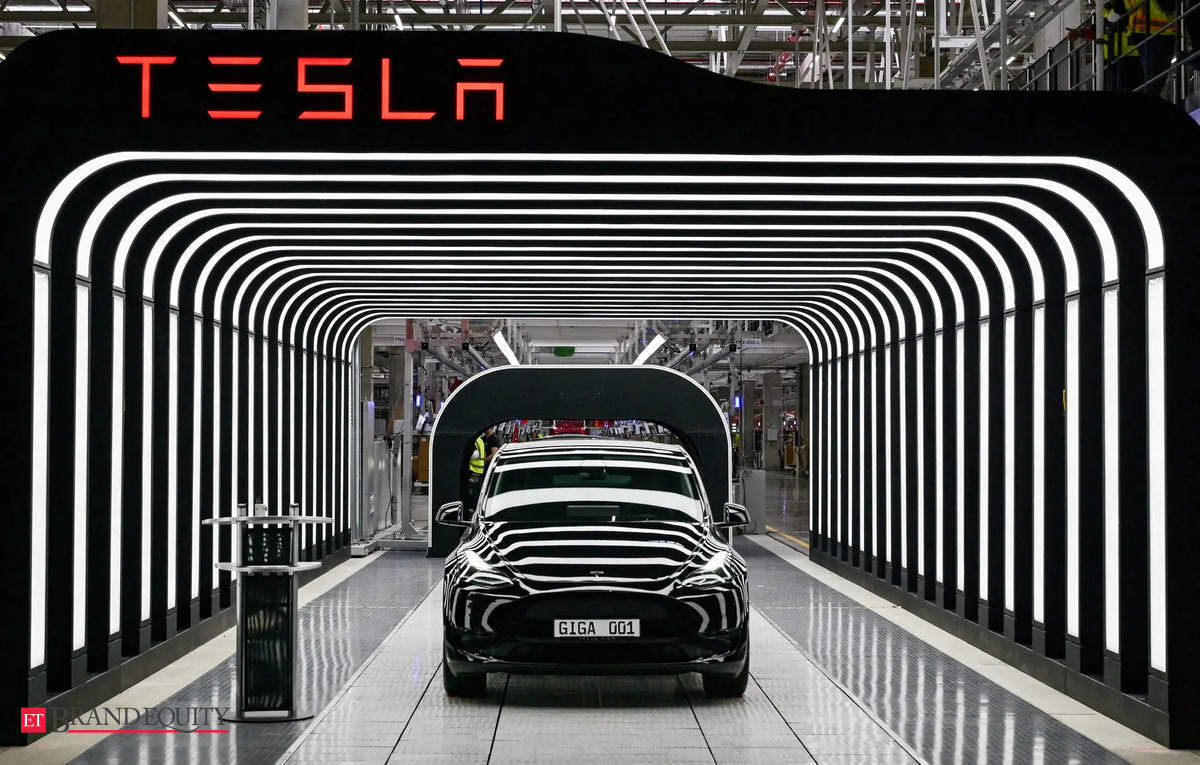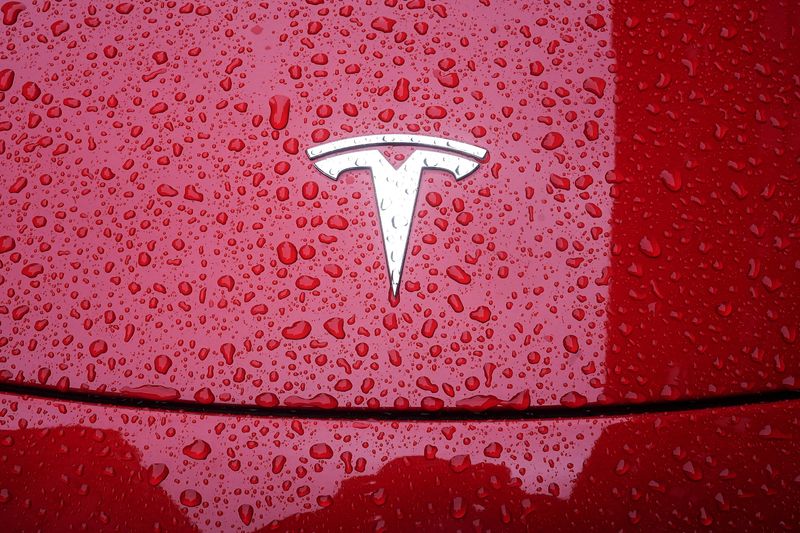Tesla has announced a major recall affecting approximately 694,304 vehicles due to a malfunction in the tire pressure monitoring system (TPMS), a critical safety feature that alerts drivers to low tire pressure. This defect, which violates Federal Motor Vehicle Safety Standard No. 138, could increase the risk of accidents, according to a notice issued to the National Highway Traffic Safety Administration (NHTSA) on Dec. 19, 2024.
Here's ads banner inside a post
Affected Models and the Nature of the Issue
The recall spans multiple Tesla models across several production years, including:
- 2024 Cybertruck
- 2017-2025 Model 3
- 2020-2025 Model Y
The defect stems from a software issue that prevents the TPMS warning light from remaining illuminated between drive cycles. This means drivers may not be adequately alerted to low tire pressure, compromising vehicle handling and increasing the likelihood of a crash.
The problem was first identified on Nov. 6 during routine compliance testing for non-U.S. markets. Tesla’s investigation traced the issue to a software release that inadvertently reset the TPMS warning light whenever vehicles were turned off or entered sleep mode.
Here's ads banner inside a post
Tesla’s Swift Response
Tesla began addressing the issue by rolling out a free over-the-air (OTA) software update on Nov. 12 to affected vehicles. The company also confirmed that vehicles running software versions 2024.38.7 or later, including updated versions of Tesla’s Full Self-Driving (FSD) software, are unaffected by the defect.
Production fixes were implemented as of Nov. 15, ensuring that newly manufactured vehicles no longer carry the defect.
Owners of affected vehicles will receive notification letters by Feb. 15, 2025. Tesla has assured customers that vehicles with the latest software updates require no further action.
Here's ads banner inside a post
No Reported Accidents but Concerns Persist
As of Dec. 13, Tesla reported no crashes, injuries, or fatalities related to the defect. However, the company has received 76 warranty claims and one field report tied to the issue.
This recall adds to a series of challenges faced by Tesla’s Cybertruck, which has already seen seven recalls since its late-2023 launch. Notably, Tesla has issued other major recalls in 2024, including:
- July Recall: Over 1.8 million vehicles recalled due to hood issues posing crash risks.
- February Recall: Nearly 2.2 million vehicles recalled for insufficiently visible warning lights on instrument panels.
OTA Updates: A Double-Edged Sword?
Tesla’s reliance on OTA updates is both a strength and a vulnerability. The ability to quickly rectify software issues without requiring physical repairs is a significant convenience for customers. However, the frequency of recalls tied to software-related problems raises questions about quality control during Tesla’s software development processes.
What’s Next for Affected Owners
Tesla owners can ensure their vehicles are up to date by checking for the latest OTA updates. Those unsure about their software version should contact Tesla customer support or visit a service center for confirmation.
Tesla’s Reputation and Challenges
This recall underscores the balance Tesla must strike between innovation and reliability. While the company’s pioneering use of OTA updates streamlines fixes, the recurrence of software-related issues could impact consumer trust.
For now, Tesla’s proactive approach to addressing the defect demonstrates its commitment to safety. As EV adoption accelerates, the industry will continue to watch Tesla’s handling of recalls and quality control measures closely.
Stay tuned for updates as Tesla navigates this latest challenge.

